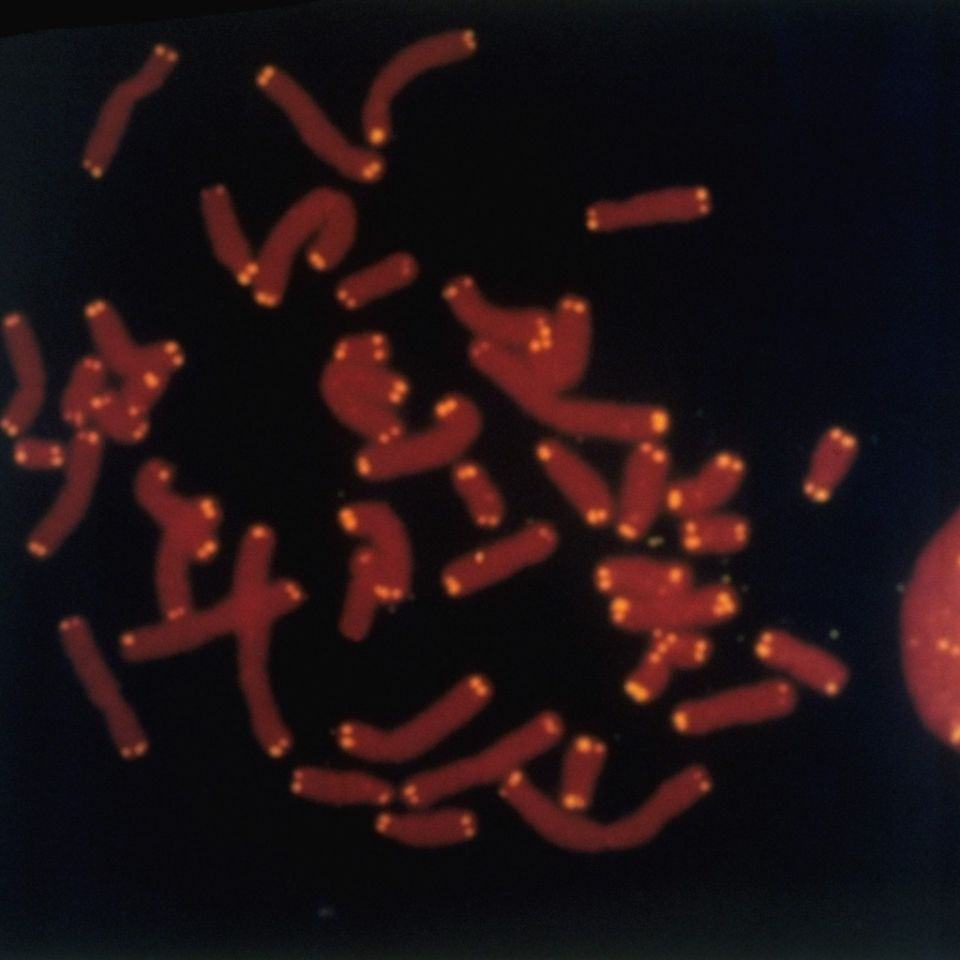|
|
Human Ageing Biologically Reversed in World
Jerusalem Post Health & Science “Manhattan Project” to cure the terminal disease of aging. |
|
Human ageing process biologically reversed in world first
The Telegraph
Sarah Knapton
HBOT chambers The ageing process has been biologically reversed for the first time by giving humans oxygen therapy in a pressurized chamber. Scientists in Israel showed they could turn back the clock in two key areas of the body believed to be responsible for the frailty and ill-health that comes with growing older. As people age, the protective caps at the ends of chromosomes - called telomeres - shorten, causing DNA to become damaged and cells to stop replicating. At the same time, "zombie" senescent cells build up in the body, preventing regeneration. Increasing telemere length and getting rid of senescent cells is the focus of many anti-ageing studies, and drugs are being developed to target those areas. Now scientists at Tel Aviv University have shown that giving pure oxygen to older people while in a hyperbaric chamber increased the length of their telomeres by 20 per cent, a feat that has never been achieved before. Scientists said the growth may mean that the telomeres of trial participants were now as long as they had been 25 years earlier. Related: Israeli university 3D prints miniature human heart in medical breakthrough The therapy also reduced senescent cells by up to 37 per cent, making way for new healthy cells to regrow. Animal studies have shown that removing senescent cells extends remaining life by more than one third. "Since telomere shortening is considered the 'Holy Grail' of the biology of ageing, many pharmacological and environmental interventions are being extensively explored in the hopes of enabling telomere elongation," said Professor Shai Efrati of the Faculty of Medicine and Sagol School of Neuroscience at Tel Aviv University. "The significant improvement of telomere length shown during and after these unique protocols provides the scientific community with a new foundation of understanding that ageing can indeed be targeted and reversed at the basic cellular-biological level." Many scientists now believe ageing itself is responsible for major conditions such as Alzheimer's, Parkinson's, arthritis, cancer, heart disease, and diabetes. It is also known that obesity, smoking, lack of physical activity, vitamin deficiency and inflammation can speed up the shortening of telomeres, demonstrating that they have a major impact on longevity. Micrograph of human chromosomes with yellow dye marking location of telomeres - Los Alamos National Laboratory Micrograph of human chromosomes with yellow dye marking location of telomeres - Los Alamos National Laboratory
The trial included 35 healthy independent adults aged 64 and older who did not undergo any lifestyle, diet or medication adjustments. Each patient was placed in a hyperbaric chamber for 90 minutes for five days a week over three months while breathing 100 per cent oxygen through a mask. The pressurized chamber allows more oxygen to be dissolved into the tissues and mimics a state of "hypoxia", or oxygen shortage, which is known to have regenerating effects. Previous trials have shown that eating a healthy diet can preserve telomere length, while high-intensity training for six months has been proven to lengthen telomeres by up to five per cent. The Israeli team has also previously demonstrated that the pressurized oxygen therapy can improve cognitive decline. "Until now, interventions such as lifestyle modifications and intense exercise were shown to have some inhibition effect on the expected telomere length shortening," said Dr Amir Hadanny, chief medical research officer of the Sagol Center for Hyperbaric Medicine and Research. "However, what is remarkable to note in our study is that, in just three months of therapy, we were able to achieve such significant telomere elongation - at rates far beyond any of the current available interventions or lifestyle modifications. "With this pioneering study, we have opened a door for further research on the prolonged cellular impact of the therapy to reverse the ageing process. After dedicating our research to exploring its impact on the areas of brain functionality and age-related cognitive decline, we have now uncovered, for the first time in humans, biological effects at the cellular level in healthy ageing adults." The research was published in the journal Ageing.
|



